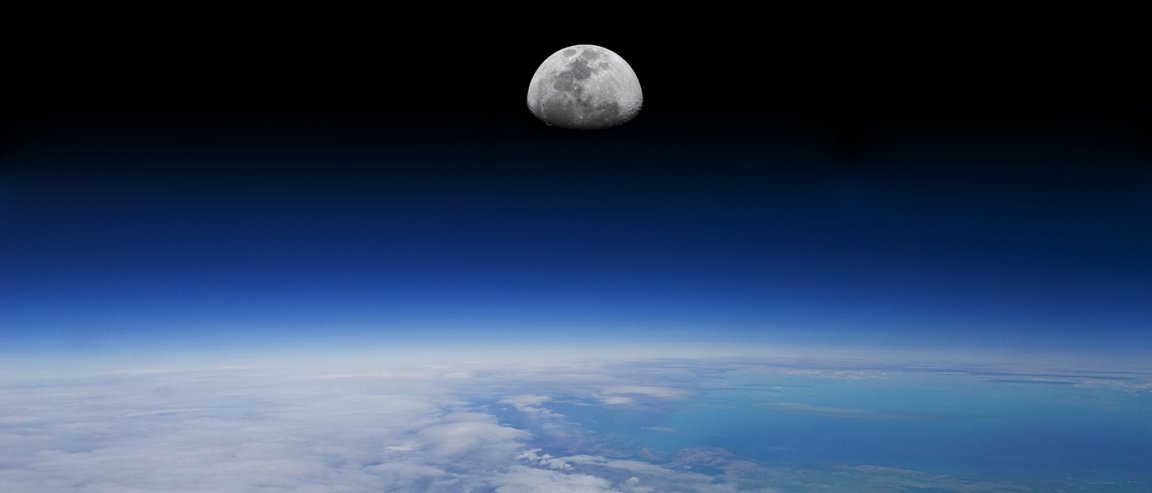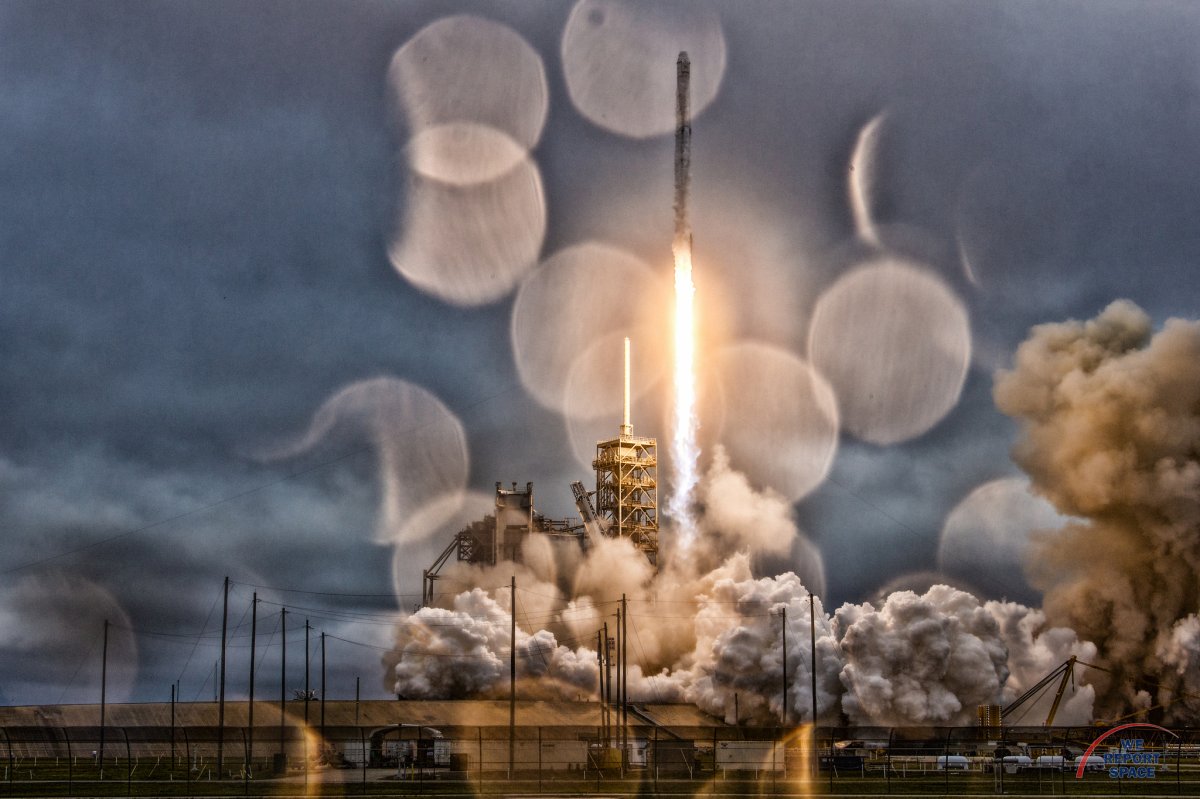
The New Space Race
Billionaire space entrepreneurs Jeff Bezos and Elon Musk are racing to the moon and beyond. On February 27, Musk and SpaceX announced plans to bring two paying space tourists into orbit for a weeklong trip circumnavigating the moon by the end of 2018. Days later, we learned that Amazon Prime really would be everywhere by 2020 when word leaked that Blue Origin and Bezos plan to begin delivery of human habitats, science experiments, and other gear to the moon.
This neck-and-neck progress characterizes the new space race, in which private companies are fueling innovation as much — or more than — countries. The winners aren’t just the owners of the companies, but all humans, as space technologies are continuously developed and improved. For example, Blue Origin and SpaceX both prioritize tech like reusable rockets that cuts cost of space travel, which may eventually make striking out into the universe more accessible to more people.

In other words, when winning the race isn’t about nuclear supremacy, but cornering a market with a streamlined technology or a better product, the space race works for everyone. It bears the same positive fruits that the first space race did: the unprecedented levels of concentrated scientific innovation. However, the modern space race achieves this without as many destructive, unintended consequences as were produced by the Cold War and arms race.
Innovation: Step By Step
SpaceX and Blue Origin have all but publicly acknowledged their rivalry. In November 2015, the New Shepard rocket from Blue Origin landed after a suborbital test flight. Musk congratulated Bezos, but argued that SpaceX’s goal of making a landing during orbital liftoffs is much tougher to master. Bezos, not one to let this go, pointed out that the Falcon 9 first stage doesn’t really make it to orbit and performs a deceleration burn, rendering its landing less of a challenge. One month later, SpaceX did nail its first Falcon 9 landing, only to be hailed a noob in “the club” by Bezos.
Since that time, Blue Origin landed the New Shepard booster four times before retiring it. SpaceX brought eight Falcon 9 first stages back to Earth safely. Both companies are working on big rockets: the Falcon Heavy for SpaceX and New Glenn for Blue Origin.
Now, both SpaceX and Blue Origin are planning to bring tourism to the final frontier, the first step in settling outer space. The SpaceX Dragon will carry its paying passengers first if all goes to plan, but not by much. Both companies plan to have manned units in space and heading for the moon in 2018, not because of any petty rivalry (for the most part), but because Musk and Bezos share the same ultimate goal: the settlement of space.
“Our ultimate vision is millions of people living and working in space,” Bezos told the press in 2015. Musk has repeatedly called space colonization a “necessity,” and has shared detailed plans for Mars colonies.